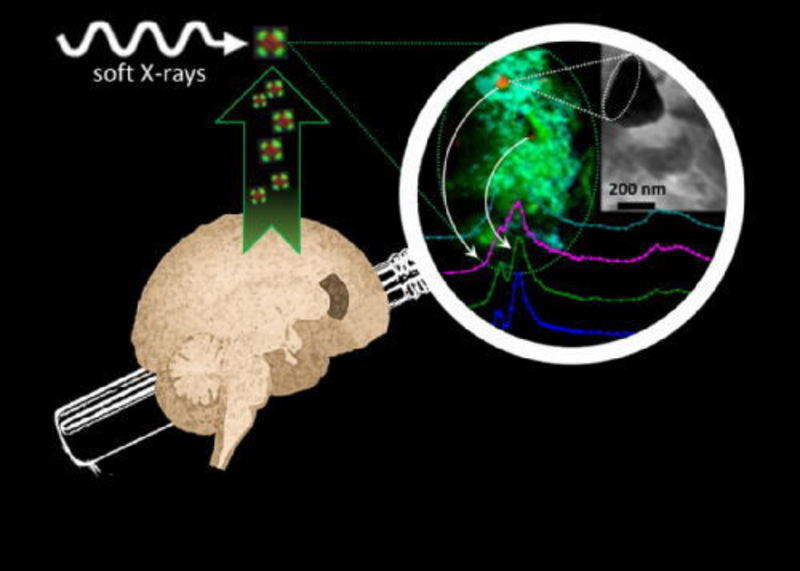
A research team including members from Warwick’s School of Engineering has identified and characterised certain brain metals that may precipitate the progression of Alzheimer’s disease.
The discovery is expected to help in understanding the Alzheimer’s disease, which causes dementia and memory loss, and facilitate the development of effective therapies in future.
The team successfully characterised iron species in the brain that causes the formation of amyloid protein plaques. These plaques results in toxicity in the brain and leads to cell and tissue death.
Multiple types of chemically reduced iron species, including a type of magnetic iron oxide called magnetite, are formed in the amyloid protein plaques. These components are not commonly found in a healthy human brain.
The team utilised advanced measurement capabilities at synchrotron X-ray facilities in the UK and the US to demonstrate detailed evidence that these processes occur in the brains of patients affected with Alzheimer’s disease.
Additionally, the researchers also observed the presence of forms of calcium minerals in the amyloid plaques.
How well do you really know your competitors?
Access the most comprehensive Company Profiles on the market, powered by GlobalData. Save hours of research. Gain competitive edge.

Thank you!
Your download email will arrive shortly
Not ready to buy yet? Download a free sample
We are confident about the unique quality of our Company Profiles. However, we want you to make the most beneficial decision for your business, so we offer a free sample that you can download by submitting the below form
By GlobalDataUniversity of Warwick’s School of Engineering Associate Professor and a member of the research team Dr Joanna Collingwood said: “Iron is an essential element in the brain, so it is critical to understand how its management is affected in Alzheimer’s disease.
“The advanced X-ray techniques that we used in this study have delivered a step-change in the level of information that we can obtain about iron chemistry in the amyloid plaques.
“We are excited to have these new insights into how amyloid plaque formation influences iron chemistry in the human brain, as our findings coincide with efforts by others to treat Alzheimer’s disease with iron-modifying drugs.”
Led by an EPSRC-funded collaboration between University of Warwick and Keele University, the team included researchers from the University of Florida and University of Texas at San Antonio.
The research was conducted by procuring amyloid plaque cores from two deceased patients who were diagnosed with Alzheimer’s disease.




